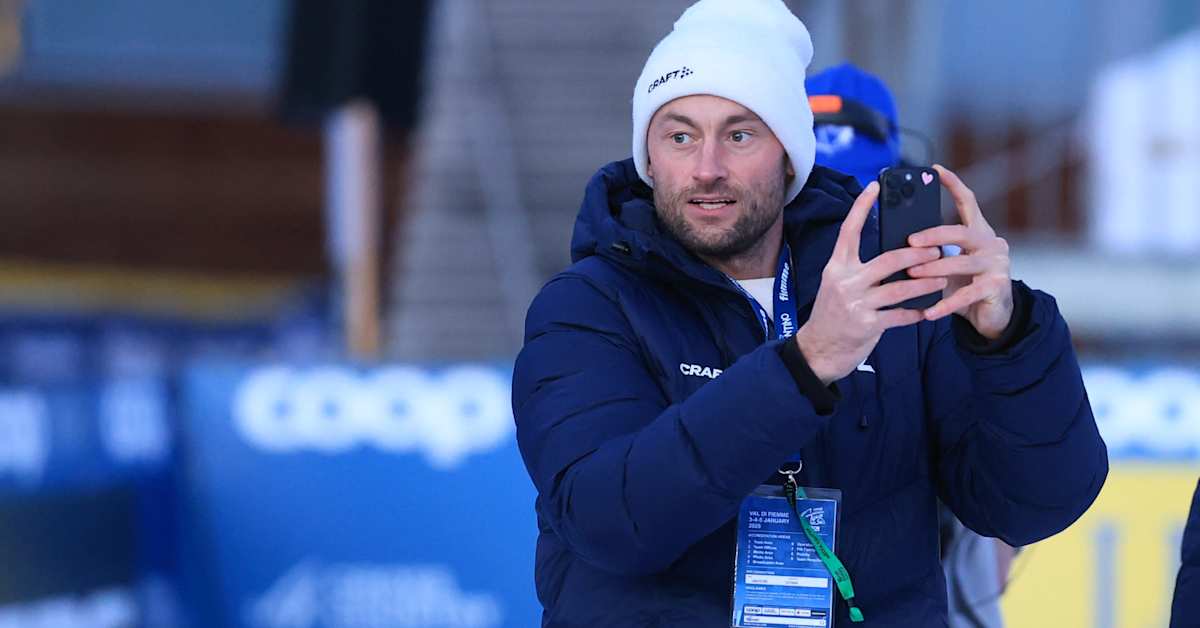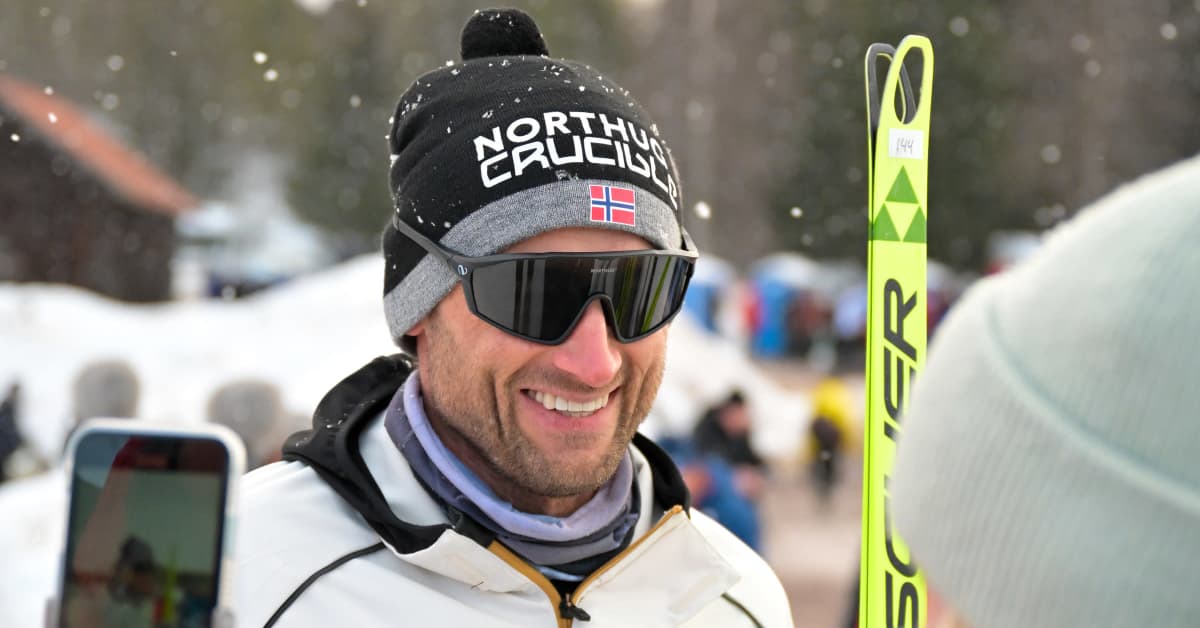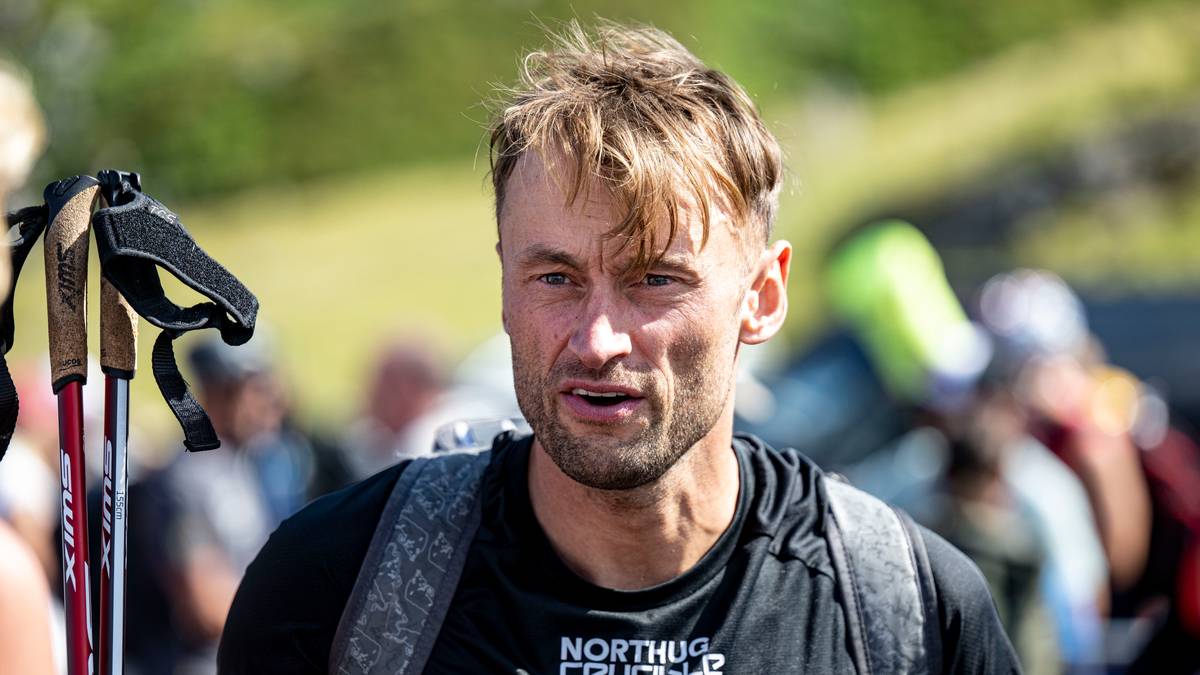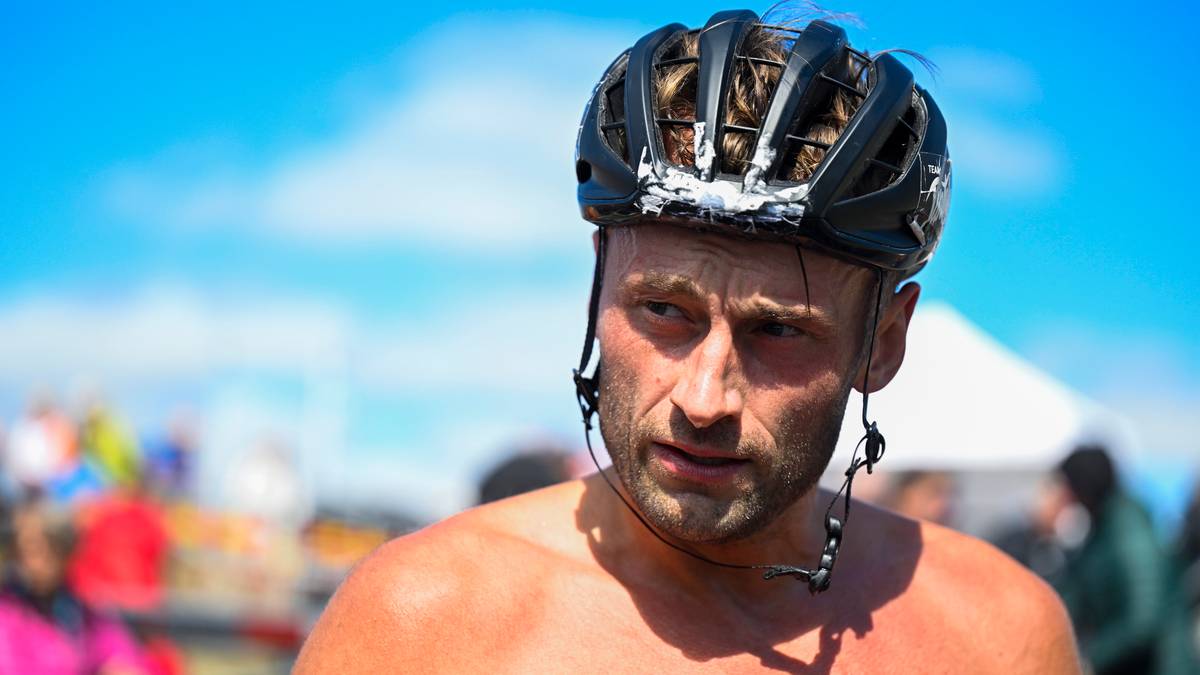
Petter Northug Would Like to Represent Austria – But It May Be a Pipe Dream
Originally published in Yle on January 29, 2025
On January 15, doubts about the focus of training for 39‐year‐old Petter Northug began to ease when the results for the 10 kilometer (p) interval race at the Norwegian Championships were finalized. Northug, who finished eighth and was 37.1 seconds behind race winner Henrik Dönnestad, was bested among the A-team only by Pål Golberg by a significant margin.
Between 2007 and 2015, Northug won a total of 15 high-profile gold medals. The legendary skier—whose career has been celebrated in various documentaries—has amassed a stature in cross-country skiing comparable to Olympic champions such as Simen Hegstad Krüger, Erik Valnes, Iver Tildheim Andersen, and Didrik Tönseth.
A skier of Northug’s caliber would normally be a strong candidate for a top spot on any national team in countries that heavily invest in cross-country skiing. However, he would find it nearly impossible to make the Norwegian team given Norway’s overwhelming strength in the sport.
Just one day after his notable performance, the Austrian Ski Federation confirmed that Northug, who has spent long periods training and competing abroad, is now approaching them with serious intentions about securing representation rights. Northug has expressed his desire to represent Austria in the future, potentially as early as the 2025–26 season, according to Mario Stecher, the sports director of the Austrian Ski Federation and a legend in cross-country skiing from past decades.
Northug had also previously toyed with the idea of representing Liechtenstein—a small principality known for its relatively lenient tax requirements—but that notion quickly proved unrealistic due to the extreme difficulty of acquiring its citizenship.
Martti Uusitalo, a member of the International Ski Federation’s (FIS) Council, explained that FIS rules require an athlete’s passport to clearly state the country they represent. While some sports are more lenient, in skiing the rule is non-negotiable. Uusitalo cautioned that given Northug’s age and the rigorous requirements—including long-term residency, the transfer of representation rights from his former national federation, and proper social security registrations—the process would take far too long, potentially clashing with upcoming Olympic cycles.
Both Mario Stecher and Uusitalo emphasized that the citizenship process is controlled by the government of the country in question, not by the sport’s governing bodies. As an example, Stecher noted that Austria currently lacks even a formal government, which complicates matters further.
Exceptions to these strict rules exist for athletes with dual citizenship, those who have established a long-term connection to their new country, or in rare cases, athletes fleeing conflict zones. For instance, alpine skier Lukas Braathen now represents Brazil due to his Brazilian heritage, and Marcel Hirscher represents the Netherlands because of his maternal ties. Similarly, the cross-country skier Thomas Maloney Westgaard, who grew up in Norway but has Irish roots, represents Ireland.
The article also recalls Austria’s history with representation transfers, mentioning the country’s once high-profile “bought skier,” Russian Mihail Botvinov, a world champion and two-time Olympic medalist who was subjected to a quarantine during the 1996–97 season due to transfer regulations.
According to Uusitalo, decisions on representation transfers are typically handled by the FIS Council once every five to six years. When a case is forwarded to the Council, a thorough review process is conducted to ensure that only those who fully meet the strict criteria are approved.
In summary, while Northug’s talents would ordinarily earn him a coveted spot on the international stage, the stringent rules governing representation changes—coupled with his advancing age and the dominance of Norwegian cross-country skiing—make the prospect of him representing Austria a challenging and possibly unfeasible endeavor.
See Also

Austria is seeking Petter Northug
January 16, 2025 / Yle
Petter Northug to Compete for Liechtenstein at the Cortina Olympics
November 26, 2024 / Eurosport

Petter Northug Hard on the Ski Federation: – We May Miss Fantastic Careers
November 19, 2024 / NRK

Northug's Challenge: Racing Against Time and Expectations
August 19, 2024 / NRK

Will Petter Northug Secure a Spot in the Upcoming World Championships?
August 20, 2024 / Yle